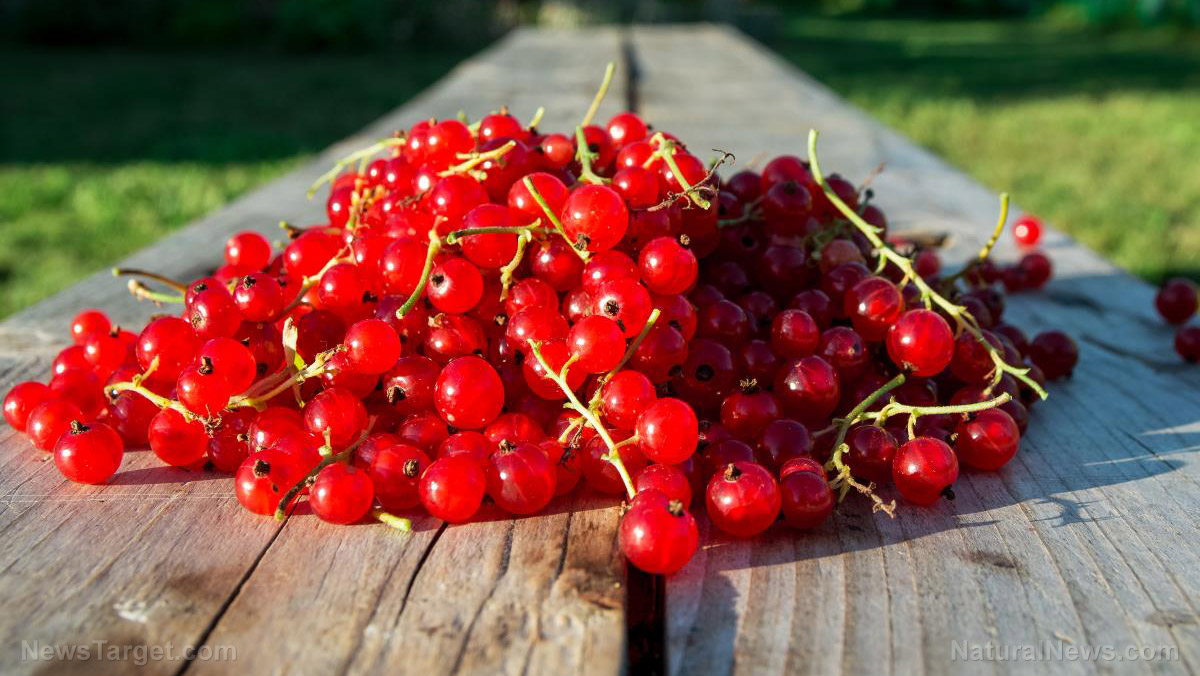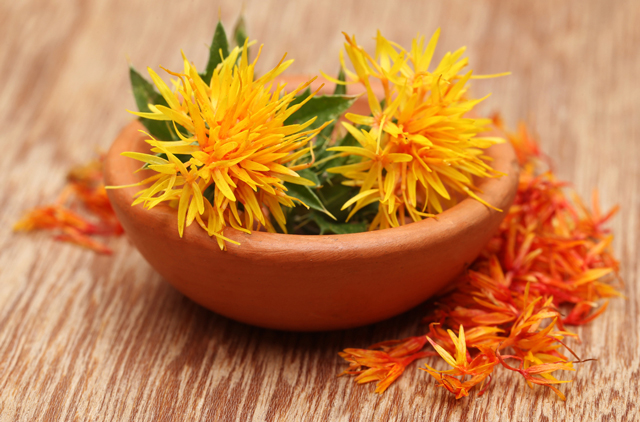Elderberry juice scientifically confirmed to function as a natural remedy for the flu: Study
10/06/2019 / By Tracey Watson

Influenza – commonly known as the flu – is incredibly common, affecting between 5 and 20 percent of the U.S. population, and resulting in around 31.4 million outpatient visits and over 200,000 hospitalizations each year.
Flu is a respiratory illness which can vary in severity from being fairly mild to causing secondary complications that can be deadly. Sadly, thousands of people, particularly the elderly and young children who are the most vulnerable, have died from flu complications.
Mainstream medicine’s solution to containing the spread of the influenza virus is to push hard for people to be vaccinated against it each year. The problem is, the vaccine carries side effects and isn’t very effective, because vaccine developers must guess each year which strains will strike during the following season.
Fortunately, a recent study by researchers from Australia’s University of Sydney, published in the Journal of Functional Foods, has confirmed the results of earlier studies showing that elderberries can both prevent flu and fight the virus once it has taken hold.
And, unlike the flu vaccine, the effectiveness of elderberries is not a hit-and-miss affair dependent on the guessing abilities of vaccine manufacturers, and they don’t carry the risk of dangerous side effects. (Related: Elderberries are a great natural remedy for the flu.)
Elderberries are potent flu fighters
The flu virus is airborne, and patients are contagious for the first three or four days after the onset of symptoms. Since the flu virus can fly through the air and spread when an infected person coughs, sneezes or talks, it is very difficult to contain an outbreak. And, as already noted, focusing on getting more people vaccinated is not the solution, because these vaccines are ineffective at best, and dangerous at worst.
For example, in 2018, the flu vaccine only provided a 25 percent level of effectiveness overall, with only 17 percent efficacy among those over the age of 65, and even lower rates of protection among older children and adults younger than 65.
But that does not mean that the flu cannot be prevented, or that its symptoms cannot be mitigated even in those who have already been infected.
Integrative Practitioner reports:
Elderberry fruit can help the body fight influenza, according to a new study … .
The researchers used commercially farmed elderberries which were turned into a juice serum and were applied to cells before, during, and after they had been infected with the influenza virus.
The phytochemicals from the elderberry juice were shown to be effective at stopping the virus infecting the cells, and researchers found they were even more effective at inhibiting viral propagation at later stages of the influenza cycle when the cells had already been infected with the virus.
While this research team was not the first to discover the flu-fighting abilities of elderberries, they were the first to uncover exactly why this fruit has such immune boosting properties.
The scientists confirmed that powerful phytochemicals in elderberries are responsible for their flu fighting capabilities, in particular, compounds called anthocyanidins, the phytonutrients responsible for the vivid purple color of these fruits.
These compounds can directly prevent the flu virus from entering a person’s body, prevent the virus from replicating within the cells, and can boost the immune system so that the body is better able to fight off the disease. Plus, elderberries have other amazing health benefits, too, including the potential to fight cancer.
While there are elderberry supplements available commercially, if possible, it is always best to eat the berries themselves to derive the maximum immune-boosting benefits from these amazing little fruits. Learn more about the amazing health benefits of phytochemicals at Nutrients.news.
Sources for this article include:
Tagged Under: anthocyanidins, Cures, elderberries, Flu, flu prevention, flu shot, harmful medicine, herbal remedies, Herbs, immune system, influenza, natural health, natural medicine, natural remedies, outbreak, phytochemicals, phytonutrients, plant medicine, preventative medicine, prevention, remedies, research, vaccines
RECENT NEWS & ARTICLES
COPYRIGHT © 2017 PREVENTION NEWS


















